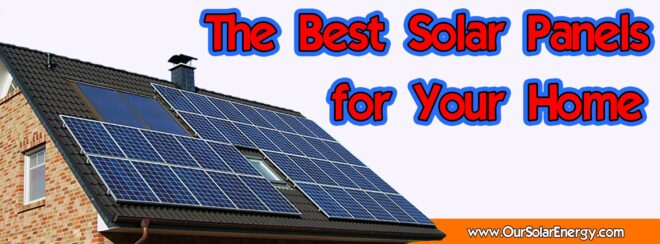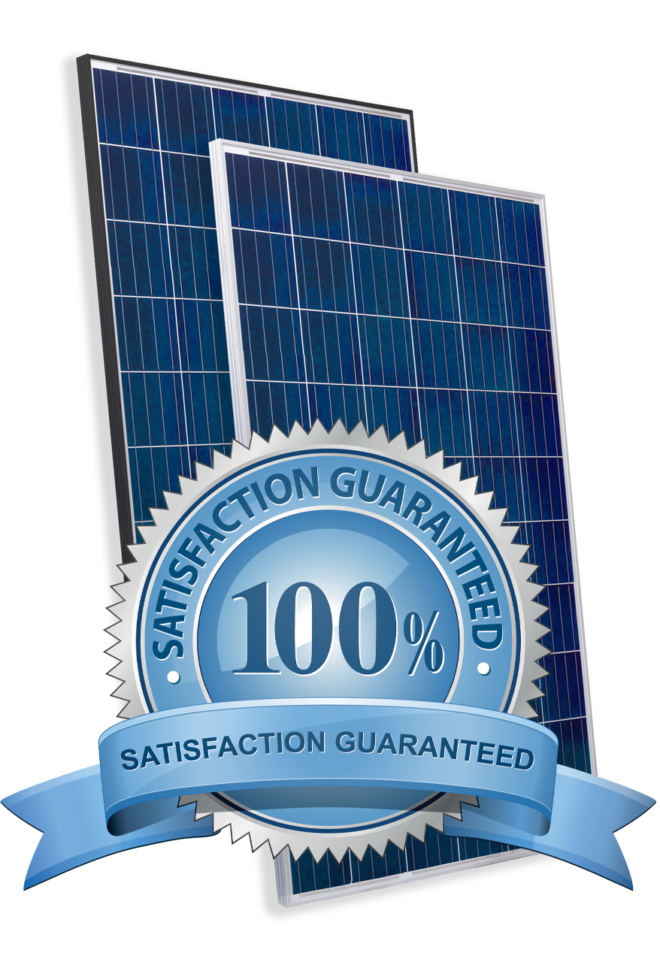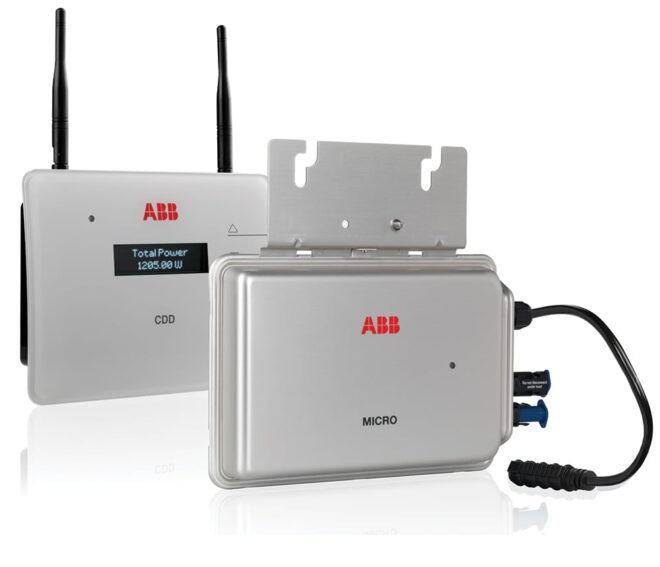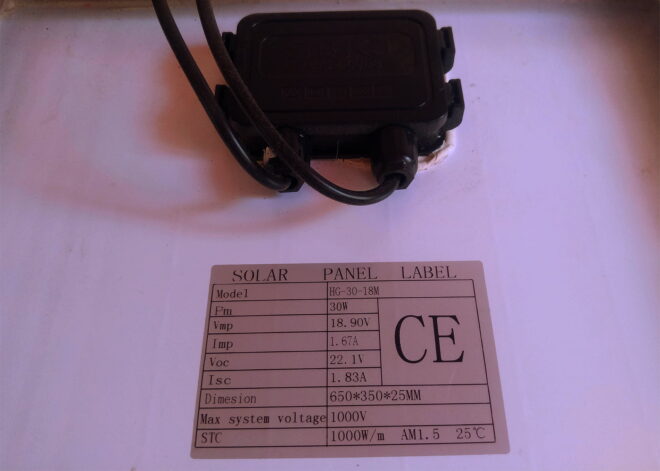This article was updated on 06 October 2023
If you are ready to make the move to greener more eco-friendly living with solar energy, it’s important that you take the time to choose the right panels. The solar panels that you have installed on your home will be crucial for a number of reasons, so you don’t want to rush into this sort of decision.
Table could not be displayed.The more time you spend exploring your solar panel options, the more you will get out of the money you spend. If you want to know how to choose the right solar panels for your home, this article will provide you with the information you need.
Manufacturer Guarantees
In the event that something goes wrong with your new solar panels after installation, you’ll want to know that you are covered. Not all solar panels come with a guarantee from the manufacturer, so you must keep this in mind.
A lot of companies that make solar panels will guarantee that the amount of power they produce will not go under a certain level within the first 25 years.
Make sure you get the details of the warranty or guarantee with each of the solar panels you look into.
How Durable Are They?
The sheer durability of the solar panels that you choose will be something else to consider. It is particularly important to focus on this if you live in an area that gets extreme weather, such as high winds and/or large amounts of snow.
Make sure that the panels you have installed meet the IEC 61215 standards, because otherwise you are just wasting your money.
The more durable your solar panels are, the less likely it will be that you encounter any major problems due to outside forces.
Choosing the Right Inverter
The inverter of a solar panel is essentially what converts the raw solar energy into useable energy that will power your home.
There are string inverters and module-level power electronics or MLPEs. You will find that string converts are by far the cheaper option, and they tend to work fairly well.
This is the best option for those who live in a house/area with ideal conditions for producing solar power.
MLPEs tend to be more costly, but they are also more efficient in general. This is the best option for people who need to have their panels installed at a less-than-ideal angle.
With microinverters, each individual panel has an inverter for converting solar energy to solar power.
If you can afford to spend more money and your conditions aren’t ideal, this is definitely the way to go.
The invert you choose will ultimately determine how efficiently your entire system is going to work, so you will need to make the right choice.
Nameplate Rating
The nameplate rating of your solar panels will basically tell you what their power output is going to be like under the best possible conditions.
Most solar panels produce anywhere from 200 to 400 watts, though it varies according to the size and overall quality of the panel.
Keep in mind that the rating on each panel is for ideal conditions, so there is a good chance that they won’t produce that exact amount when installed on your home.
Solar panels can produce more or less than the nameplate rating wattage with a five percent error margin.
Temperature Coefficient
Those who live in very hot climates will need to pay close attention to the temperature coefficient of each solar panel before choosing one.
These panels begin to lose their efficiency the hotter it gets. This number will tell you how much efficiency the panel loses when the temperature goes past a certain degree.
Efficiency Rating
The efficiency rating of the solar panels you have installed will determine how easily they are able to turn UV rays from the sun into solar power that will run your home.
This number is basically the kilowatt-hours of energy that the panel produces per watt. The average solar panel has an efficiency rating of anywhere from 14-20%. While this number may seem low, even the best solar panels in the world have an efficiency rating of just 25%.
It is important that you find out what the efficiency rating of each solar panel is so you can choose the right ones to have installed. A low-end solar panel will have an efficiency rating of around 15%, while a higher-end panel will be closer to 20%.
Cost
Some solar power providers don’t even charge anything upfront, but you should expect to pay at least something.
A more expensive high-end solar panel will last a lot longer and give you fewer problems, but it requires a bigger budget.
You should look at the money that you spend on these panels as a long-term investment. Those who want to know how to choose the right solar panels for their home will find that this is one of the more important factors to consider.
Deciding on a Provider
The energy provider that you choose to install your solar panels is something else that you should give a decent amount of time and consideration to. Make sure that you look for a company that has a spotless reputation.
The last thing you want is to have your solar panels installed improperly and experience problems as a result. The more research you do into these professionals, the better your chances will be of getting quality installation services.
Conclusion
Solar energy is a viable option for most people all over the world, but you will need to be careful about the panels you purchase. When you take the time to research these options, you will be able to get panels that last for many years and require very little maintenance.
Using solar energy to power your home can save you a lot of money in the long term, and it’s a renewable resource that is good for the environment.
https://www.instagram.com/p/CA20SqpnJcr/





